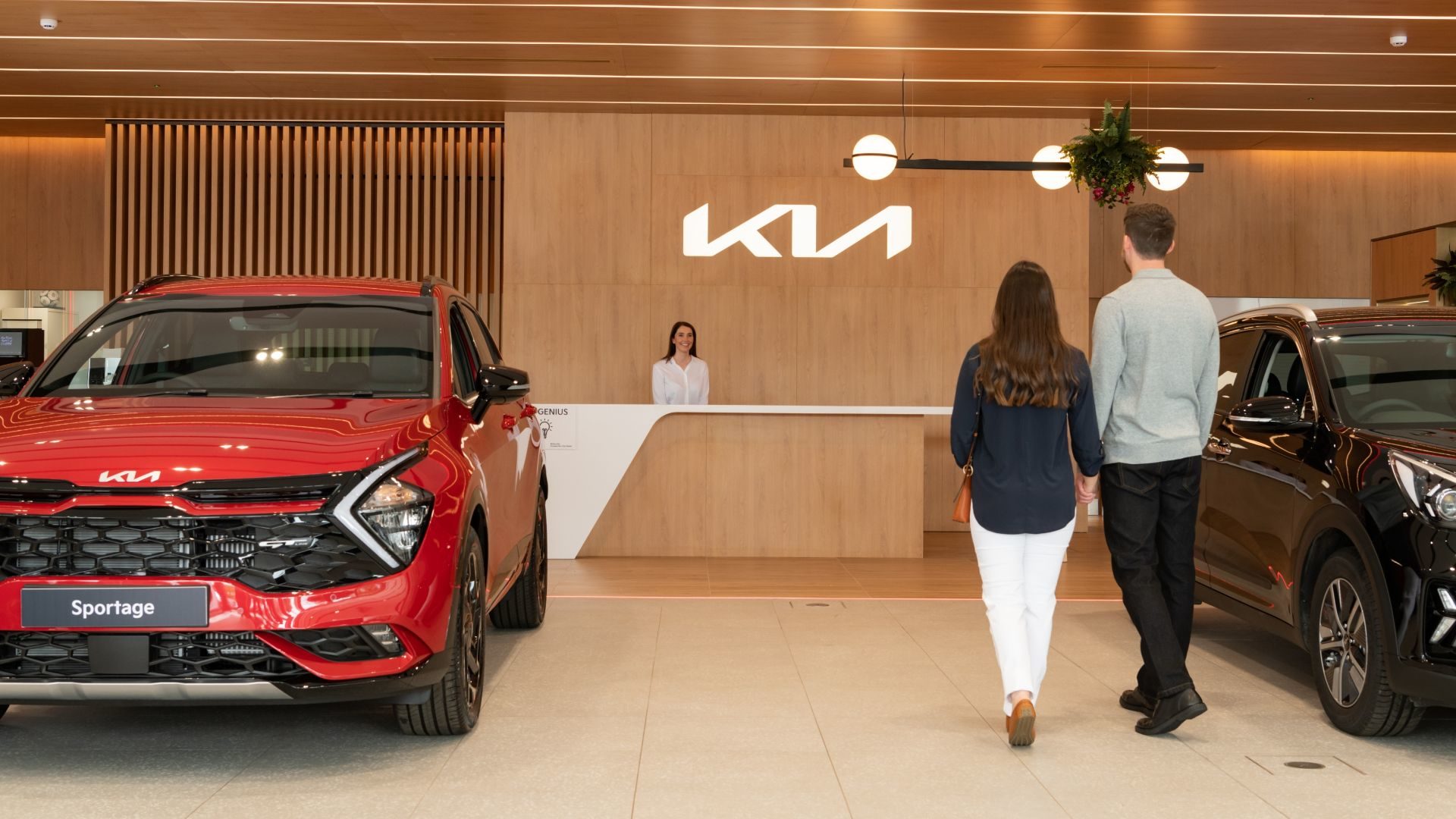
Buying a car on finance is now the default option for most motorists. In the UK, more than 90 percent of new-car customers now choose credit over paying in full. Close to half of used cars are purchased using some form of finance, too.
After years of very low interest rates, monthly payments have crept up recently – and car prices are becoming notably more expensive, too. Nonetheless, with many people now used to buying on finance, this method of owning a car is here to stay.
Here, we explain the different car finance options available, including Personal Contract Purchase (PCP), Personal Contract Hire (PCH) and leasing. Read on to discover which one is right for you.
Which car finance option suits you?

So, you’ve made the decision to spread the cost of your brand new car. Now you just need to decide on a finance deal – and there really is no catch-all credit type. Some deals are simply leases, where you’re expected to hand the car back at the end. Others give you the option to own the car after a fixed number of payments.
Make sure you know exactly what you are agreeing to, and that you have understood the terms and conditions (i.e. the small print). The interest rate is key. Make sure you know what it is, how that translates into an APR (Annual Percentage Rate) and how much more it will cost you to buy the car on credit.
To help you understand car finance, let’s go through some of the most common options on the market.
Hire Purchase (HP)

In the 20th century, this was Britain’s favourite way to pay for anything, from a cardigan in a catalogue to your next dream car.
A hire purchase agreement simply involves spreading the cost over a pre-agreed period – usually set from 12 months to five years. You’ll pay a fixed rate of interest during that time, but usually only a small deposit upfront.
If you want to keep the car at the end of the term, and it’s assumed you will, you’ll have to pay an admin fee to cover the cost of transferring ownership from the finance company to yourself. Up until that point, you are only the registered keeper, so you can’t modify the car in any way.
Conditional Sale
This agreement is actually the same as a Hire Purchase contract, except you will automatically own the car once the finance has been repaid in full, with no extra final payment.
Personal Contract Hire (PCH)
This is really another term for leasing, as there is no option to buy the car at the end. Your monthly payments are therefore going to be lower than those on an HP deal, but they will also be based on your predicted mileage, so expect to pay a penalty if you exceed that. At the end of the term, you simply hand the car back.

Personal Contract Purchase (PCP)
The basic premise behind a PCP deal – and its runaway popularity – is that you only pay for the car’s predicted depreciation during the term of your contract. So that’s the difference between the value of the car when new, and its expected value when your deal ends – typically in three years’ time. The latter is often referred to as the Guaranteed Minimum Future Value (GMFV).
As most cars lose around 40 percent of their list price during that period, a £20,000 car would be worth roughly £12,000 after 36 months. That leaves you £8,000 still to pay. Some of that is required upfront as a deposit, and the rest is due in instalments, at a fixed interest rate, for the duration of the contract period. This means the monthly payments are kept relatively low.
At the end of the deal, you’ll have the option to stump up the remaining £12,000 to buy the car in full – often referred to as the balloon payment. Or you may just decide to hand the car back, or swap it for another car and a fresh deal.
On that note, dealers will sometimes set the car’s GMFV deliberately low, so they can offer you a bonus chunk of equity when you come to settle up. But you’ll only be able to access this if you put it towards another finance deal. That’s how the car dealer keeps you on their books, and why so many motorists go back to the same brand again and again.
Let’s not forget, though, that it also means you’ve probably paid more in instalments (and therefore in interest) than you needed to in the first place.
Lease Agreement
This type of Conditional Sale is much the same as a PCP in that you’ll pay a deposit, some instalments and then a balloon payment at the end. The big difference is that buying the car at the end is not optional – you have to ensure you have the funds to do that, and you will ultimately own the car at the end. You can settle the finance at any point during the term, however.
Personal Loan
Borrowing the money you need to buy a new car outright has its advantages, as you will immediately become the registered owner. You’re not bound by mileage restrictions either, and if you decide to upgrade the stereo or modify the car in any way, you can.
However, a loan is usually unsecured, so you can’t just hand the car back to clear the debt. Instead, you’d have to sell the vehicle, and depreciation costs mean there would undoubtedly be a shortfall.

Credit card
The same advantages apply when you buy using a credit card. But you have the extra protection of Section 75 of the Consumer Credit Act (1974). This says that, if even a portion of your car is bought using a credit card, the credit provider is jointly liable for any breach of contract by the retailer. The sum has to be greater than £100, but can even apply to some other types of car finance.
The criteria is quite strict, particularly with regard to the relationship between the credit provider and the supplier, so it’s worth checking whether your contract qualifies.
Car finance: a final thought
If you’re feeling overwhelmed by all these options, you could simply take your lead from hundreds of thousands of other new-car buyers every year, and opt for a PCP. These are by far the most popular car credit agreements, accounting for around three out of four new car sales.
Adrian Dally of the Finance and Leasing Association says: “The PCP was introduced into the market by Ford, who brought it over from the States. Its success is due to both to price, and a cultural change in attitudes towards owning assets.”
Whichever product you choose, it’s worth remembering that, while you may have signed the paperwork at your local dealer, your contract is with the finance company. So if there’s a fault with the car itself, and not just the terms of the deal, then it’s the finance company you have to approach.
The good news is that there’s often more security in buying on credit as you have stronger return rights. That includes the 14-day cooling off period outlined in the Consumer Rights Act (2015). So if you change your mind for any reason, the vehicle transfers back to the supplying dealer.

Beyond that, if you’re unhappy with the way a complaint is being handled, you also have the backing of the Financial Ombudsman. Its job is to arbitrate, judge and resolve your case, which is initially assessed by its investigators. If it thinks your complaint is justified, and the dealer still won’t play ball, the case can be referred to an Ombudsman – a higher ranking investigator whose verdict ‘is final, and legally-binding to both parties, should the consumer accept it’.
Again, make sure you know exactly what you’re agreeing to before you sign on the dotted line. If still in doubt, you can find lots more information about car finance at the FLA’s consumer advice website, or visit the Financial Ombudsman’s advice pages for more information about the complaints process.
ALSO READ:
What does the 2030 petrol and diesel car ban mean for you?